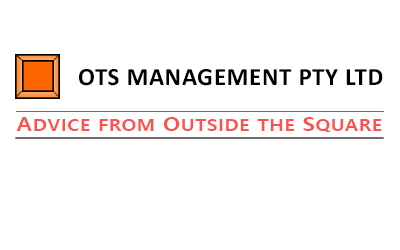Directors of a corporation incorporated under the Corporations Act and the Corporations (Aboriginal and Torres Strait Islander) Act have a duty to avoid conflicts of interest.
This duty is derived from statutory provisions, as well as common law, and this duty requires Directors to exercise their powers and discharge their duties with reasonable care and diligence, act in good faith in the best interests of the corporation, not use their position to gain an advantage for themselves or a third party, and not to improperly use information gained through their position to obtain an advantage for themselves, a third party, or to cause a detriment to the corporation. (more…)...
Read more
Managing Conflicts of Interest






